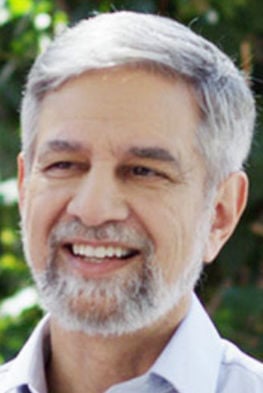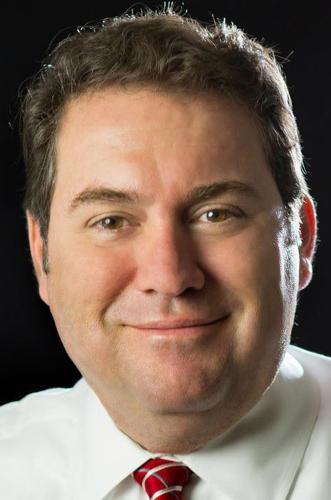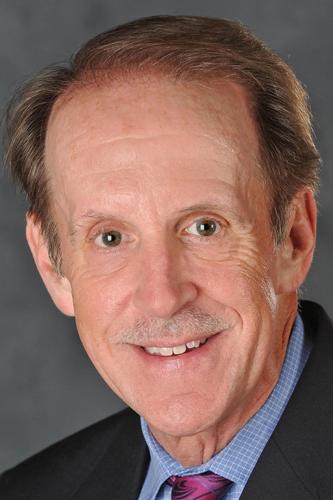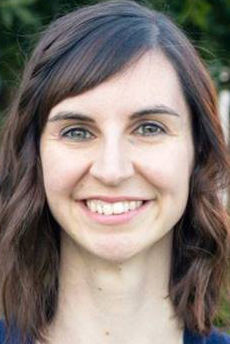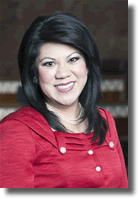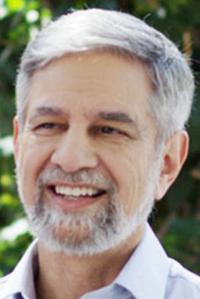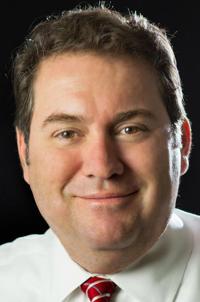PHOENIX — Arizonans did more than choose a governor on Tuesday. They also made their selections for a variety of other posts, as Republicans kept the hold they’ve had for years on three statewide offices, while a fourth race was too close to call.
Secretary of State
Political newcomer Steve Gaynor won the race for the No. 2 slot in the state — first in line if the governor quits, dies or is impeached.
Gaynor got the bid to be the Republican nominee for secretary of state after he knocked off incumbent Michele Reagan in the August primary, capitalizing on a series of missteps she made in running prior elections. Reagan’s shadow was there in the general election, as well, pitting Gaynor against Democratic lawmaker Katie Hobbs, as both promised to do a better job than their predecessor.
But they had differing views on how hard, or easy, it should be to vote.
Gaynor caused a stir with his comments early on that ballots should be printed only in English.
He conceded that would require overturning a key provision of the federal Voting Rights Act, which requires counties and cities to provide election materials in other languages when there are significant numbers of voters for whom English is not the first language. Hobbs jumped on that to suggest Gaynor was seeking ways to suppress minority voting.
They also differed on the wisdom of the state’s 2016 law that makes it a felony to take someone else’s early ballot to polling places.
That law has exceptions for family members and caregivers. But Hobbs said that, too, makes it more difficult for some people to cast their ballots.
Gaynor sided with the Republicans who approved the law amid claims that allowing outsiders to handle ballots creates an opportunity for fraud.
The subject of “dark money” also arose this year as it did four years ago when Reagan, seeking election, vowed to seek greater disclosure of who is contributing to nonprofit “social welfare” organizations that run commercials for or against candidates and issues.
Reagan abandoned that position after her election. But the issue remained, with Gaynor arguing there is a First Amendment right of these groups to refuse to disclose donors, while Hobbs wanted to overturn laws approved by the Republican-controlled Legislature that shield donors’ identity.
Attorney General
Incumbent Republican Mark Brnovich won what should have been a race about who would be the best lawyer for the state but that devolved into a mudfest of charges of corruption.
It started with Brnovich exercising his right to make changes in how various measures are described to voters on the ballot.
In the case of Proposition 127, Brnovich ratified and defended decisions by subordinates to add language that if approved, the changes mandated by the renewable-energy ballot measure would occur “irrespective of cost” to consumers.
Prop. 127 organizers said that wording was designed to convince people to oppose the measure.
They charged it was done to benefit Arizona Public Service, the state’s largest electric utility, which has been the key foe of the initiative. And it didn’t help that the “irrespective of cost” verbiage showed up within days on commercials financed by APS.
That led to more than $4.2 million in commercials financed by Prop. 127 organizers.
While some praised Democrat January Contreras, others said Brnovich was “corrupt” and had essentially been bought off by APS. APS had given $450,000 to the Republican Attorneys General Association, which supported his 2014 campaign and has been buying its own commercials this year attacking Contreras.
Those RAGA-funded commercials, in turn, accuse Contreras of being in the pocket of California billionaire Tom Steyer, who was the prime financier behind Prop. 127.
It wasn’t just RAGA piling on with its $1.2 million to help Brnovich this year, as the state Republican Party financed its own commercials charging that Contreras, while a health-policy adviser to then-Gov. Janet Napolitano, ignored problems of patient neglect at the state veterans’ home.
Superintendent of Public Instruction
The race to replace Diane Douglas as state schools chief proved too close to call late Tuesday.
Douglas, a Republican, found herself out of the running after Frank Riggs, a former California congressman, won the Republican primary. That set the stage for him to face off against Democrat Kathy Hoffman, a speech therapist in the Peoria school system who won her party’s primary.
The lead in the race changed several times late Tuesday as ballots were counted and others remained to be tallied.
Riggs and Hoffman agreed on some common points during the campaign.
Both sought greater oversight of charter schools, which are private operations that technically are public schools. Riggs in particular said Arizona should no longer allow these to be for-profit operations.
They also opposed Proposition 305, the measure to ratify the legislative decision to expand who is eligible for vouchers of public funds for private and parochial schools. But Riggs said he could support an expanded program if priority was given to low-income families. Hoffman said there would be less demand for vouchers if the state properly funded its public school system, but said she would not eliminate the existing vouchers available to certain students.
Riggs, however, said he opposed a plan — no longer on the ballot — to raise income taxes on the state’s most wealthy to fund education.
Hoffman said the state’s schools needed the $690 million that would have raised.
Hoffman also supported the #RedforEd movement and the strike earlier this year by teachers, saying that was necessary to get public attention for the fact that state aid for education has not kept pace with inflation. Riggs said while the movement had admirable goals it quickly became co-opted as a way of supporting Democrats.
Treasurer
Republican State Sen. Kimberly Yee won the race for treasurer against Democrat Mark Manoil.
Yee issued a news release Tuesday night saying she is the first female Chinese-American Republican to be elected in a major statewide race in the country’s history.
She campaigned on her experience in state government, while Manoil, whose only other previous political outing was a losing bid for Corporation Commission, touted his background as “a small business owner focused on enforcing property laws.”
But Yee turned that around on him, pointing out that his business involves buying up properties whose owners have not paid their taxes. That, she argued, meant he was responsible for evicting families who had fallen on hard times.
Manoil countered that the vast majority of his business involves scooping up properties that were bought by speculators and often abandoned.
Yee also capitalized on Manoil’s own financial issues, like loss of a home to foreclosure and repossession of a vehicle, saying he should not be put in charge of an agency that manages $15 billion.
Manoil said he learned from his mistakes.
He also promoted having the state partner with rural banks to make more credit available in small communities, a concept Yee dismissed as “socialized banking.”
Incumbent Eileen Klein, appointed after the resignation of Jeff DeWit, chose not to seek to keep the office.


